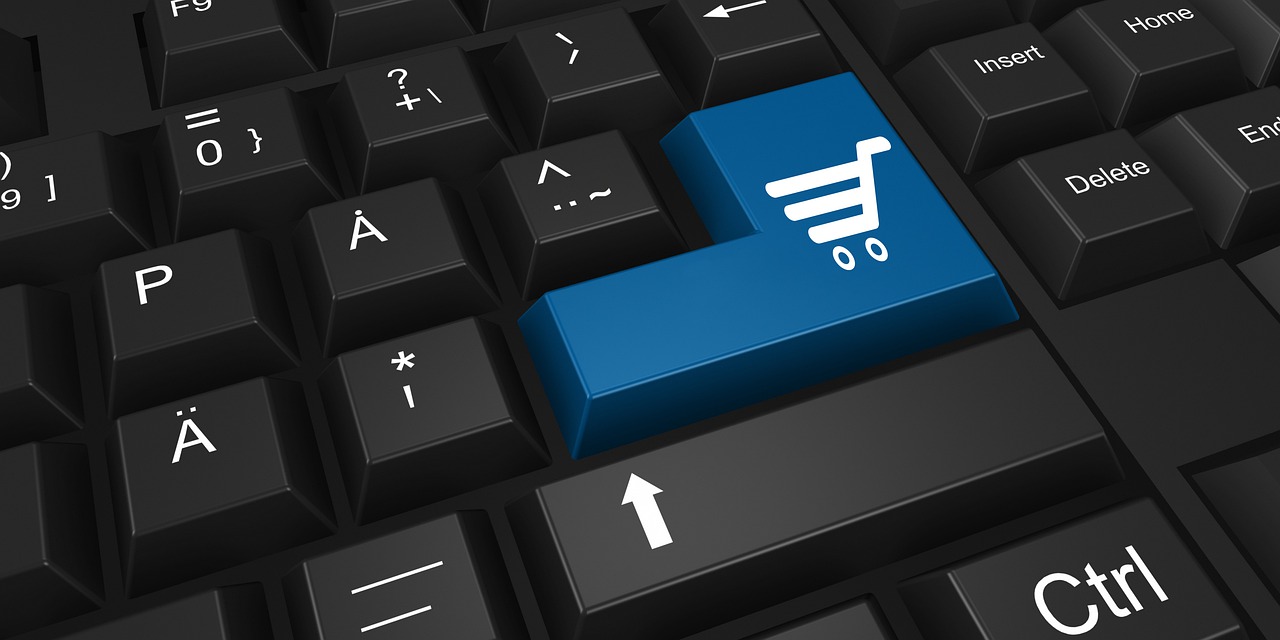Tools To Help You Start An ECommerce Store

If you have ever wanted to start an ecommerce store, you have plenty of resources and tools available. Creating an online shop is convenient and relatively hassle-free. You might start with the basics, like determining what you want to sell and who your audience is. Also, you should see how you can gather funds for your new business. Afterward, you should figure out what tools you need to start and run your business successfully. Here are some tools to consider for your new e-commerce store.
A Point-of-Sale System
While you may not always need a point-of-sale system for your shop if you are exclusively online, you might want one if you have a physical store and a website. Usually, POS systems allow you to take orders in person and manage online orders.
Before deciding what kind of system you want to use, you should see if there is any special software relative to your niche. For example, if you have a fashion or jewelry store, jewelry store software would have special features to help you run your shop more efficiently. The same would be valid for a beauty or health e-commerce store.
You need a POS system that syncs with your website so your shop stays organized and you can keep track of your current inventory. This way, you do not risk having things on backorder. These systems can also be valuable if you have a pop-up or other short-term shop event.
An Email System
Email marketing is an essential part of online business. You should tell customers about your business, sales, and other important marketing information. An email list is also more secure than a social media profile since you own the email addresses you have gathered. A social media profile, while valuable, should not be the only way you communicate with customers.
Decide what business stage you are in before choosing an email marketing system. A small business might only need a free plan of an email system, while more established companies with many customers may need the features of a paid plan.
You may want to make a welcome email sequence for new customers and a different sequence for returning customers. Try to customize the email sequences instead of sending out the same ones to everyone. Customization can help customers feel more valued and encourage them to return to your store.
Bookkeeping Software
You need to keep your finances in order, no matter what sort of online business you have. Bookkeeping software can help you do this by keeping track of sales, monthly income, and client payments. While you can keep track of this in an Excel document or something similar, it is much easier in bookkeeping software. You can usually create invoices, develop a budget, and see what money you made and spent for the month.
Keeping track of your finances is essential in business because you can see what is working and where you need to spend or save money. It also greatly helps when it is time to do taxes. You can make more money when you keep accurate and organized records.
A Website
It goes without saying; any business needs an online space. A website is crucial for business, even if you only have a brick-and-mortar store. Customers want to see what items you have and that you are a real business. If you do not have a website yet, there are plenty of ways to build one. You could use an online shop builder like Shopify, which gives you a storefront, or you might want to have a site custom-built. A simple website is best for beginning business owners.
You do not have to spend a lot of time or money when you are just starting. Instead, look for a website or shop builder that allows you to have a custom domain and decide if you need to upgrade later. When choosing a domain name, make sure it is easy to remember and has a .com or other memorable extension.
E-commerce is rapidly growing, and small business owners can use these tools to build their stores. You do not need a lot of equipment when starting, so determine what tools you need first and upgrade them in the future.




